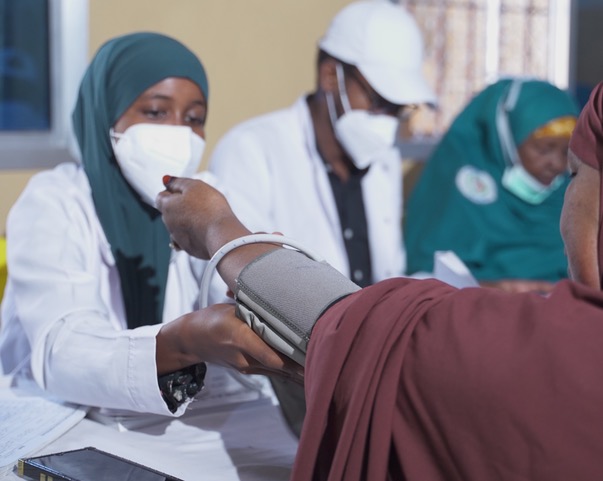Digital Health Coordination in the HADDA Programme
The collaborative efforts led by the TCC aim to transform the digital health landscape in Somalia, promoting effective coordination, ownership, and sustainability.
The Role of the Technical Coordination Committee (TCC) in the HADDA Programme
Over the past decade, the Ministry of Health of Somalia has been increasingly integrating technology into health systems development and management. One of the significant efforts include the implementation of the District Health Information System (DHIS2) and various digital health initiatives supported by international partners such as the Global Fund, UNICEF, WHO, PSI, ICRC, World Bank, and also including SPIDER. With increasing contributions and growing capacity in the country, coordination becomes crucial to avoid fragmentation and duplication of electronic-based health information systems.
Established during the HADDA programme initiation meeting in 2020, the Technical Coordination Committee (TCC) functions as a crucial platform for consensus and coordination. The TCC oversees and ensures the alignment of the HADDA programme with the National Health Agenda. Serving as a collaborative hub, it brings together regional and federal Ministries of Health to foster ownership and drive the strategic and technical discussions needed for the success of digital health projects.
Supported by the SPIDER Programme, the TCC plays an essential role in coordinating key stakeholders, streamlining digital health systems, and enhancing local capacity, thereby contributing to the overarching goals of the HADDA initiative.
The Ministry of Health’s Coordination section, supported by SPIDER and implementing partners, serve as the secretariat for TCC, ensuring efficient logistics and coordination. The TCC includes representatives from the federal and member state Ministries of Health, and international partners
Scope of Work
The scope of work involves coordinating and validating assessments of existing and needed ICT infrastructure and digital health solutions across the country. Additionally, it encompasses coordinating capacity development assessments and plans related to digital health systems.
Strategic alignment of digital systems with national health priorities is a key aspect of the work, along with facilitating technical discussions on the lifecycle of electronic/digital health solutions. The scope extends to enhancing information sharing among partners in the digital health space and ensuring interoperability and integration with DHIS2 and other systems.
The responsibilities also include conducting joint field visits to monitor implementation progress and enhancing research capacity for digital health solutions. Furthermore, promoting the use of local ICT capacity for sustainable development is a vital component of the scope.

